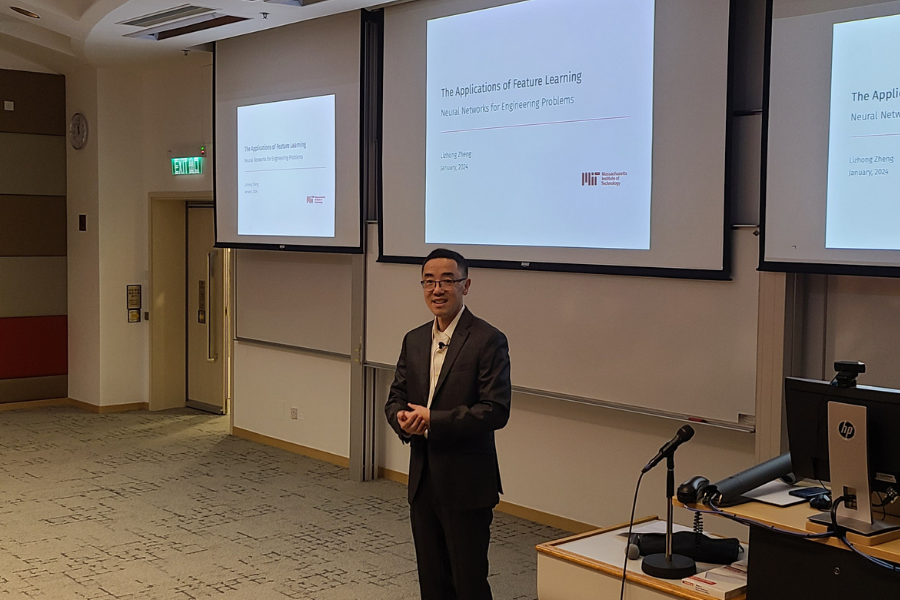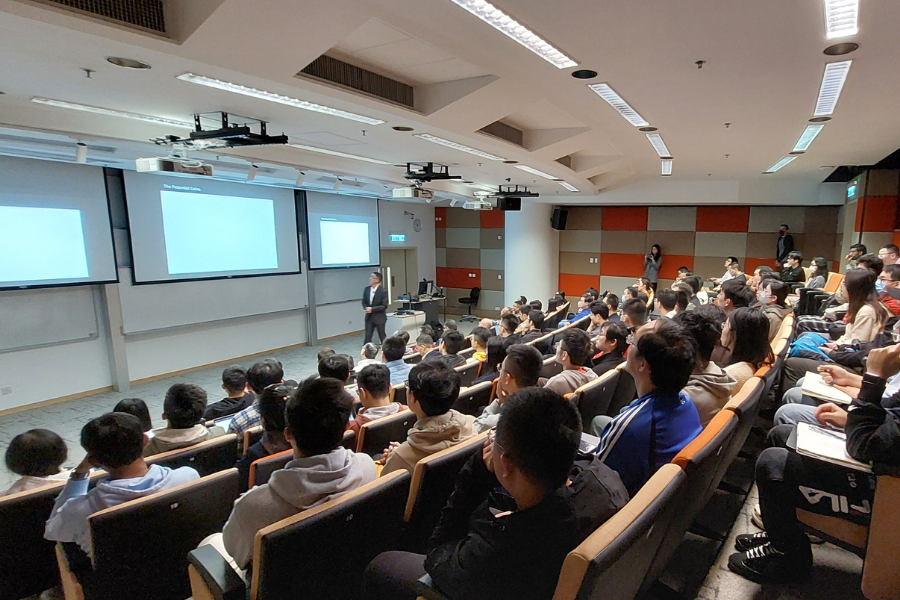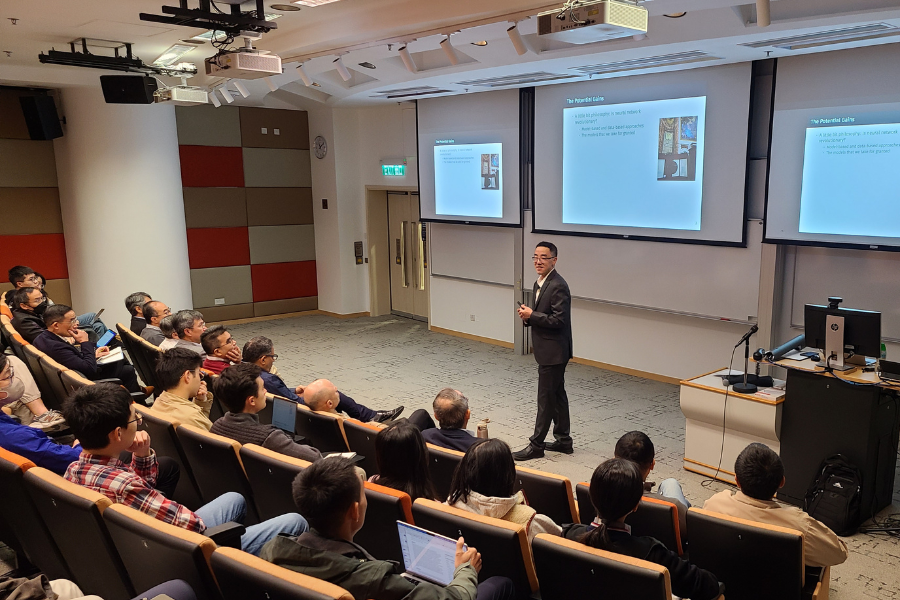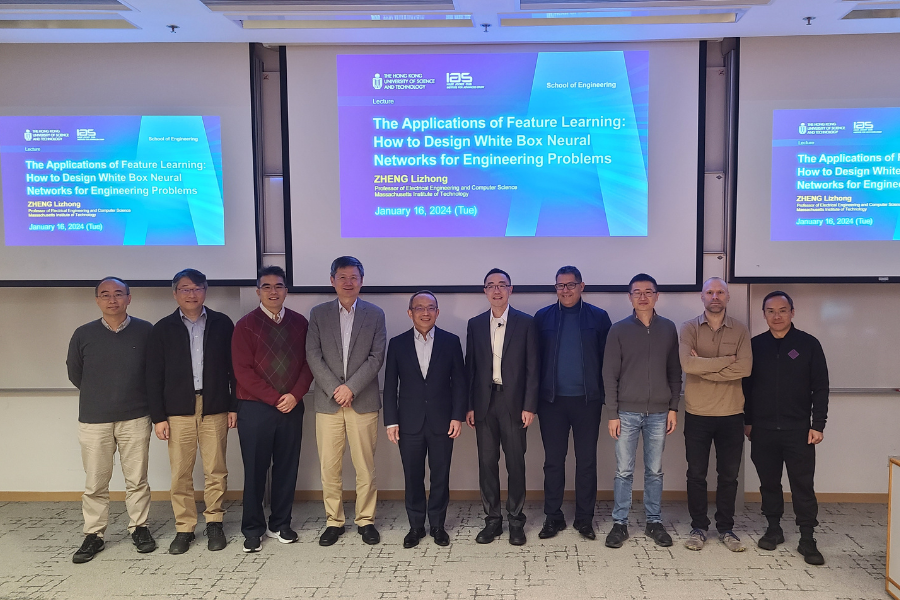The Applications of Feature Learning: How to Design White Box Neural Networks for Engineering Problems
Abstract
In this talk, the speaker will introduce some new ideas for designing deep neural network (DNN) solutions for specific engineering tasks. He and his research group use two examples of the current challenges in designing a new generation of wireless communication systems: the tracking of the channel state information (CSI) and the detection in the presence of non-Gaussian interference. The speaker will discuss the key challenge of using DNNs in engineering systems: the need for better controls and accessibility so that the DNN modules can be integrated as components of an existing system. By showcasing their solutions to the example problems, they compare different ways to use neural networks in engineering problems and demonstrate how to use the proposed theoretical tools to provide more accurate analysis, better designs, and sometimes novel architecture in the solutions.
This is the second of a two-part talk series where the speaker focuses on the applications of their approach in some specific engineering problems. In the first talk (info), the speaker introduced a generic information-theoretic framework to quantify information carried by feature functions by its semantics and show how such a framework could be used to design structured neural networks. This second talk focuses on the design ideas for the two specific examples. The useful theoretical results will be summarized to make this talk accessible by itself. The general design concepts and methods in this talk should be applicable to a broader range of problems, extending beyond the specific instances in wireless communications the speaker uses as examples.
About the Speaker
Prof. ZHENG Lizhong received his BS and MS degrees, in 1994 and 1997 respectively, from the Department of Electronic Engineering at Tsinghua University. He then obtained his PhD in 2002 from the Department of Electrical Engineering and Computer Sciences at the University of California, Berkeley. Since 2002, he has been working at Massachusetts Institute of Technology (MIT), where he is currently a Professor in the Department of Electrical Engineering and Computer Science.
Prof. Zheng’s research interests include information theory, statistical inference, communications, and networks theory. He served as an Associate Editor for IEEE Transactions on Information Theory, and the general Co-chair for the IEEE International Symposium on Information Theory in 2012.
Prof. Zheng is the recipient of the 2002 Eli Jury Award from the University of California, Berkeley, the 2003 IEEE Information Theory Society Paper Award, the 2004 National Science Foundation (NSF) CAREER Award, and the 2007 Air Force Office of Scientific Research (AFOSR) Young Investigator Award. He was named an IEEE Fellow in 2016.
For Attendees' Attention
Seating is on a first come, first served basis.






